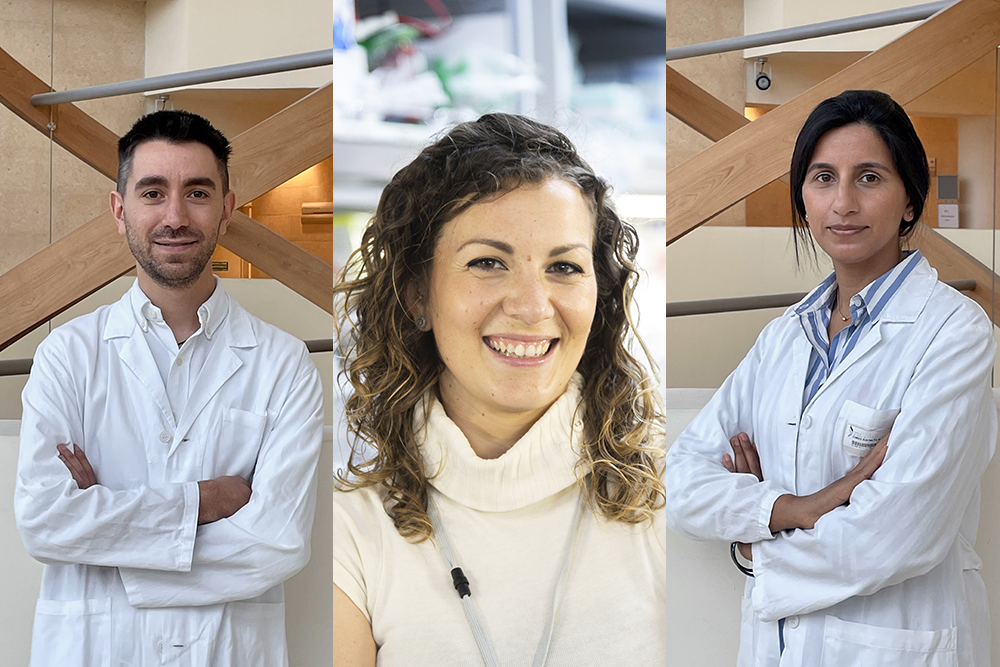Fondazione Telethon has announced that ERC, the European Research Council, has awarded three researchers from the Telethon Institutes three grants of EUR 1.5 million each for five years.

Specifically, the three researchers are Samuele Ferrari and Attya Omer from the San Raffaele-Telethon Institute for Gene Therapy (SR-TIGET) in Milan and Ivana Trapani from the Telethon Institute of Genetics and Medicine (TIGEM) in Pozzuoli.
They were awarded the 'starting grants', i.e. the funding that ERC, the leading European funding organisation supporting researchers of different nationalities and ages in Europe, gives to talented early-career researchers to start their own independent project.
The newly funded projects will enable the study of the mechanisms of various genetic diseases and the development of potential therapeutic approaches. In particular, they concern the in-depth study of the VEXAS syndrome, which arises as a result of a modification of haematopoietic stem cells, in vivo gene therapy with vectors derived from adeno-associated viruses (AAV) and haematopoietic stem cell transplantation.
This year's competition attracted 3,474 proposals, which were evaluated by panels of internationally renowned experts. Overall, only 14.2% of the proposals (494 projects) were selected for funding.
Telethon institutes also prove themselves capable of selecting and nurturing competitive young talent on a national and international level. Out of 9 ERC Starting Grants Life Sciences won in Italy, 3 (around 33%) will be hosted by Telethon institutes. This is no surprise because, even in previous editions of the call, researchers from Telethon institutes stood out among the promising young researchers selected in Italy (a total of 14 out of 68, 20.5%, about one fifth).
After the two Advanced Grants - long-term ERC funding for established research leaders who want to develop innovative and ambitious projects - awarded in 2023 to TIGEM researchers Andrea Ballabio, former director of the Institute, and Alberto Auricchio, former coordinator of the Molecular Therapy area and now director, these further grants are therefore a demonstration of the level of excellence of the Foundation's researchers and projects.
"The funding provided by ERC rewards the excellent research of our TIGEM and SR-TIGET Institutes and confirms the profound value it brings to the community of patients suffering from rare genetic diseases. Once again, the great commitment of talented young people who will be the future of research and who have all the potential and opportunities to be the protagonists of important innovations also in therapeutic terms in the area of rare genetic diseases has been rewarded. These grants are also a demonstration of the strong and recognised competitiveness of our Institutes, also in light of the small percentage of projects that manage to obtain them, and of the great ability to attract the best Italian and international scientists," said Celeste Scotti, Research and Development Director of Fondazione Telethon.